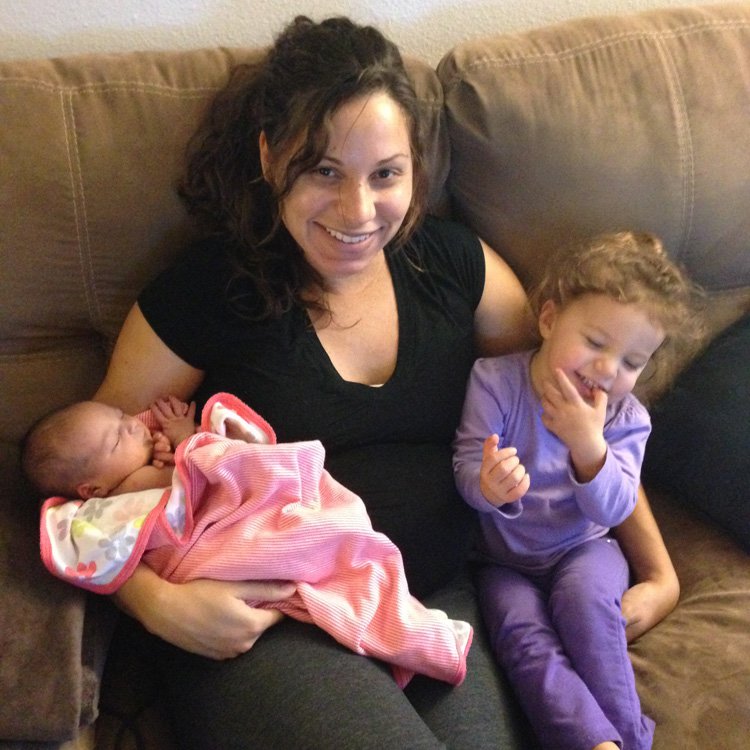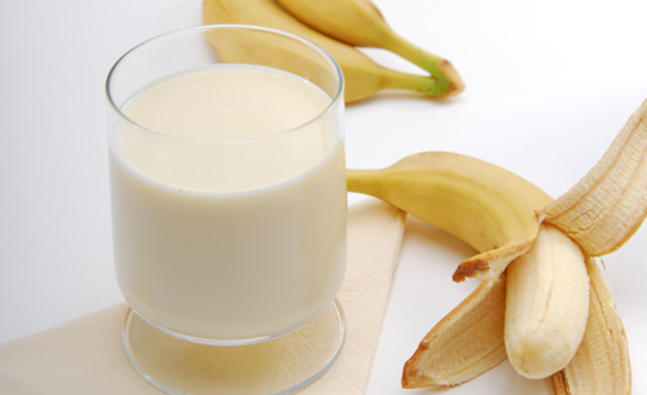6 Reasons You SHOULDNT Starve Yourself After Over-Indulging
So last night, you ate half a pizza…and a cupcake…and had two glasses of wine. This may seem counterintuitive, but you shouldn't severely restrict your food intake afterward—it's one of the worst things you can do. "Let's say you go overboard by 1,200 calories," says Karen Ansel, M.S., R.D., author of The Calendar Diet: A Month by Month Guide to Losing Weight While Living Your Life. "To put that into perspective, it's about a third of a pound. It just doesn’t make much of a difference to your overall health or appearance." Rather than going on a juice cleanse immediately, Ansel recommends just eating more mindfully during every meal over the next few days. Find out all of the reasons why you shouldn't go into super-restrictive mode after over-eating:
It Screws With Your Metabolism
Restricting your diet too much wreaks havoc on your glucose and insulin levels, both of which are key players when it comes to a smoothly running metabolism, says Ansel. "Studies have shown eating irregular meals, like only once a day, impairs your glucose tolerance so you can't use it as effectively," she says.
MORE: Can Cardio Really Make You Overeat?
You Won't be Able to Exercise as Well
How can you kill it at the gym if you don’t have any energy? "There have been studies on athletes doing intermittent fasting during Ramadan, and their performance actually suffers," says Ansel. Plus, if you're dragging, you're less likely to be vigilant about your form and may set yourself up for an injury.
It's Harder to Sleep
"I see some sleep issues with clients who don't eat enough during the day," says Ansel. The reasoning is simple: They get so hungry, their bodies keep waking them up. "Sometimes, they even get out of bed at 1 or 2 in the morning so they can finally have something to eat," says Ansel. Sounds like the opposite of a good night's rest, right?
MORE: 3 Ways to Stop Emotional Eating Before You Start
Not Eating Equals Terrible Breath
Here's a pretty persuasive argument against over-restricting: "If your body isn't getting the carbs it needs for energy, you'll burn fat," says Ansel. "It sounds great, but if you're only burning fat you go into this state called ketosis." And when you're in ketosis, you produce compounds called ketone bodies that cause gross breath. This process happens pretty quickly, too. "If you skip breakfast, it may start to kick in by lunchtime," says Ansel.
You Won't Be Able to Think Clearly
Brains can't run on all cylinders without proper nourishment, says Ansel. Your brain uses about 25 percent of your body's glucose, so if you aren't getting enough, it'll be running on fumes. "You're going to be tired, crabby, have headaches, and probably not going to work very well," says Ansel.
It Makes a Binge Pretty Much Inevitable
We all know that if you don't eat, you probably won't be able to control yourself later on. The sneaky thing about this that you may not realize is how easily it can become a cycle. Picture this: You don't eat all day long. By the end of the day, your body's demanding immediate calories rather than the ones you stored from last night. You'll give in and eat a ton, but the next morning you wake up and aren’t hungry. Pretty quickly, this effect can end up pushing your entire eating schedule back. "I see a lot of people who become used to not eating until noon or 1 p.m., then they eat tremendous amounts at night," says Ansel. To avoid this outcome, have something light in the morning after overeating, even if it's just a yogurt.
MORE: Q&A: Why Am I Still Hungry After Overeating?
-
Tone your tummy doing crunches
-
10 Weight-Loss Foods Buried in Your Pantry
This article was written by Marina Liao and repurposed with permission
-
You HAVE to Check Out MoNiques Super-Inspiring Weight-Loss Tweets
MoNiques acting skills have made her a certified star—she even scored
-
Head for fruit to help weight loss
-
How Jennifer Lopez Dropped Those Last Few Stubborn Pounds
Jennifer Lopez has always turned heads. But right now, shes radiating
-
All it takes is a little planning
- DON'T MISS
- Burn calories by staying on your feet
- How Your Metabolism Changes in Your 20s, 30s, and 40s
- 30 Minutes a day will help you lose weight
- Burn the calories in bed!
- Give your appliances a break and burn calories
- Forget the bread and go for vegetables!
- Burn calories with these stretches
- Try lemongrass for weight loss
- A Magic Pill?
- 5 Simple fat loss habits of healthy people




